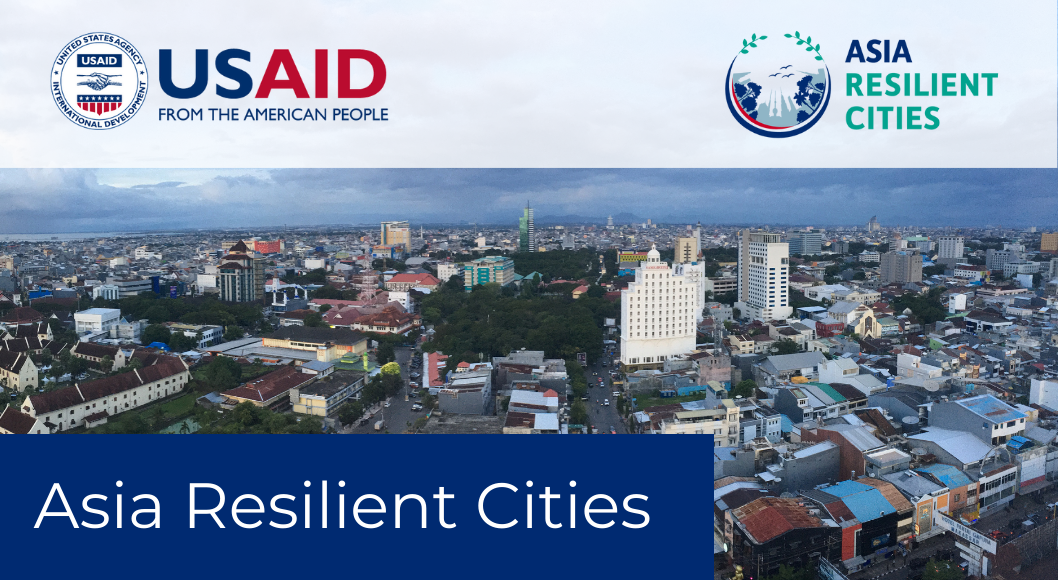The USAID-funded Asia Resilient Cities (ARC) Project addresses cross-cutting urban development challenges in secondary cities in Asia by promoting sustainable urban growth; supporting resilient, low-carbon urban infrastructure; and integrating climate change and environmentally-conscious approaches.
ARC partners with cities — Khulna in Bangladesh, Rajkot in India, Bishkek in Kyrgyz Republic, and Ulaanbaatar in Mongolia — to create more resilient and livable environments in the face of shocks. This includes working through the steps of the USAID Resilience Conceptual Framework (absorb, adapt, transform) to overcome challenges and sustain results. ARC and its partner cities will achieve and sustain resilience by fostering relationships between residents, governments, and other stakeholders that will endure after the project.
Communities are a city’s biggest resource for making change. ARC will collaborate with residents to set the city agenda, strengthen the economy, and advocate for community needs. In addition, ARC will cultivate human resources in city government, the business community, other donor projects, and civil society.
The JSI-led ARC consortium includes BRAC, DevTech Systems, Inc., and ICF. ARC builds on JSI’s learning from the Building Healthy Cities project, using systems thinking to create meaningful multi-sector initiatives.
To stay up-to-date on ARC accomplishments and news, follow #AsiaResilientCities on all social media, and subscribe to ARC's project newsletter.
ARC is a five-year cooperative agreement funded by USAID under Agreement No. 7200AA22CA00011, beginning September 23, 2022. ARC is implemented by JSI with partners BRAC, DevTech Systems, Inc., and ICF. This webpage is made possible by the generous support of the American people through USAID. The contents are the responsibility of ARC and do not necessarily reflect the views of USAID or the U.S. Government.





